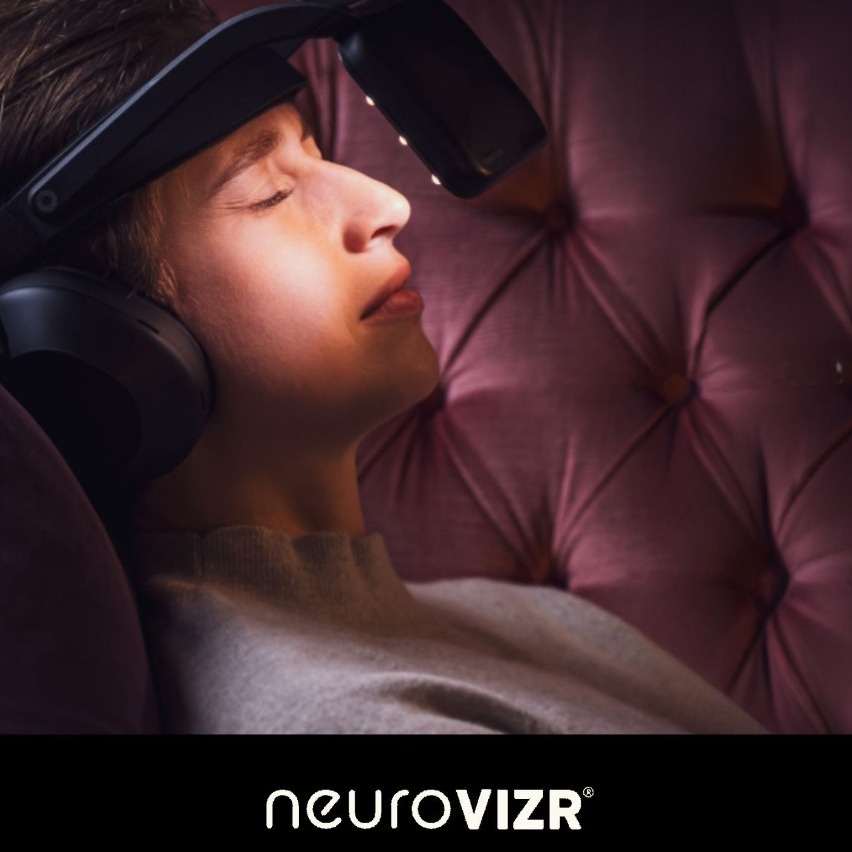If you’ve been eating healthy, exercising regularly, and doing everything “right” but still feel unwell, struggle with a low immune system, or experience unexplained weight gain, it’s time to shine a light—literally—on your environment. Many people overlook the profound impact light exposure has on health. In fact, fixing your light environment can be the most important step you can take in improving your health.
Here’s why light matters and how to harness its power for better health and vitality.
The Role of Light in Health
Our bodies are deeply attuned to natural light cycles, which regulate critical processes like hormone production, immune function, and metabolism. Modern lifestyles, with their emphasis on indoor living and artificial light, disrupt these natural rhythms. The result? Circadian misalignment, poor energy levels, immune dysfunction, and weight struggles.
But there’s good news: with intentional changes to your light environment, you can restore balance and optimize your health.
Simple Tips to Fix Your Light Environment
1. Catch Every Sunrise
Start your day by stepping outside and looking toward the East for 2–5 minutes during sunrise. Skip the sunglasses—your eyes need direct exposure to natural light. This simple habit helps set your circadian rhythm, boosting energy, mood, and metabolism throughout the day. This will also help your body produce melatonin at night and help you sleep better. Who knew, right?
2. Take Frequent Outdoor Breaks
During your workday, prioritize getting outside regularly. Even a few minutes outdoors can help reset your internal clock and improve focus. Again, ditch the sunglasses. Your eyes have UV receptors that prepare your skin for healthy sun exposure and support hormone regulation.
3. Embrace Safe Sun Exposure
Get as much sun exposure as you can without sunscreen, ensuring you don’t burn. Healthy sun exposure builds up your vitamin D reserves, which are critical for immune function, mood regulation, and weight management. Use the summer months to stockpile vitamin D for the darker winter months.
4. Protect Yourself from Blue Light
In the evening, artificial blue light from screens and overhead lighting disrupts melatonin production, interfering with sleep and recovery. Combat this by:
- Wearing blue-blocking glasses when using devices, especially at night.
- Setting a blue light filter on your screens to reduce exposure.
- Use incandescent bulbs, candles or red lighting in your home after sunset.
5. Prioritize Darkness for Sleep
Your sleep environment should be completely dark to signal your body it’s time for rest and repair. Use blackout curtains, turn off all electronics, and cover any tiny light sources in your bedroom. Never, ever sleep with your phone next to your head. If you have devices in the bedroom, put them on airplane mode.
The Benefits of a Light-Aligned Life
By following these steps, you’ll likely notice:
- Improved energy and focus during the day.
- Better sleep quality at night.
- Stronger immune function and resistance to illness.
- Enhanced weight management and metabolic health.
Light is one of the most overlooked factors in wellness, but its impact is undeniable. When you align your lifestyle with natural light cycles, your body thrives.
Take Your Understanding Further
If you’re a health practitioner or coach looking to help clients transform their health through light and circadian alignment, consider joining me at the Institute for Applied Quantum Biology. Their new cohort begins in January, and it’s the perfect opportunity to deepen your knowledge.
For more actionable tips and insights, tune into the Quantum Biology Podcast and take your health journey to the next level.
Light matters—start embracing its power today!









